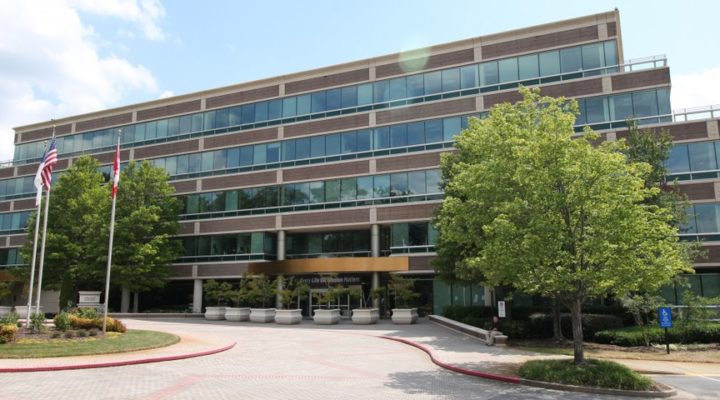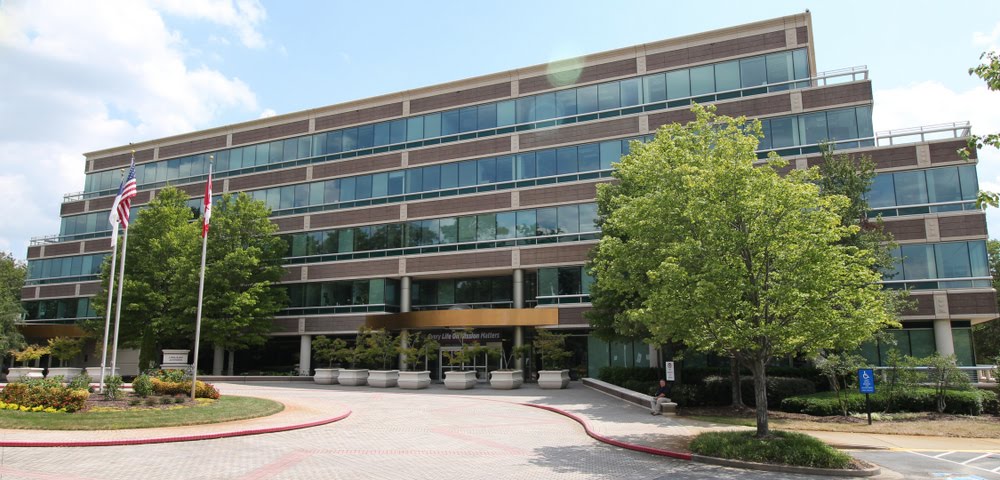After a long period of public silence about the defamation case brought against him and the Southern Baptist Convention North American Mission Board, Kevin Ezell sent a message to state Baptist convention executives May 10 offering “helpful information in case you get questions.”
Ezell serves as president of NAMB, the SBC’s domestic missions agency based in Alpharetta, Ga. Both he and NAMB have been entangled in a seven-year legal battle with Will McRaney, who was fired as executive director of the Baptist Convention of Maryland and Delaware after he refused to go along with changes Ezell demanded.

Kevin Ezell
The email to state executives came just days after 60 Southern Baptist leaders, including a former president of the SBC Executive Committee, published an open letter warning of the dangers in NAMB’s legal defense before the Fifth Circuit U.S. Court of Appeals. That letter, like McRaney’s legal case, warned NAMB is preaching the idea that the SBC operates in a hierarchy where large agencies like NAMB can tell other Baptist bodies what they must do through partnership agreements.
Ezell wrote to the state executives: “Just like you, we are focused on our mission and high priority items right now, but it’s that time of year when misinformation flourishes on social media. In case you are asked about it, I have attached a brief summary of recent court proceedings involving our case. It’s very clear and uses direct quotes from what our attorney actually said in court.”
He told the state leaders, “We look forward to the day when we can move on without these petty distractions.”
Ezell’s letter includes six paragraphs of quotations from the April 4 appeals hearing as spoken by NAMB attorney Matthew Martens.
The first highlights NAMB’s position that the entire dispute should not be in court: “This dispute is fundamentally a ministry dispute. Will McRaney, a Christian minister and leader of a religious organization, is asking a civil court to adjudicate how two cooperating Baptist organizations interacted concerning his work as it related to those organizations’ joint ministry. That’s fundamentally the dispute here. And, respectfully, civil courts have no say in a dispute of that sort.”
Martens quoted 1 Corinthians 6:6 to make his point. In context, that passage says to the early Christian church:
When any of you has a grievance against another, do you dare to take it to court before the unrighteous, instead of taking it before the saints? Do you not know that the saints will judge the world? And if the world is to be judged by you, are you incompetent to try trivial cases? Do you not know that we are to judge angels — to say nothing of ordinary matters? If you have ordinary cases, then, do you appoint as judges those who have no standing in the church? I say this to your shame. Can it be that there is no one among you wise enough to decide between one believer and another.
This passage often is used to say modern-day Christians should not take their internal disputes into secular courts, the point NAMB has made. Biblical scholars disagree on the exact meaning of the passage in a modern context. McRaney contends this is not an internal religious matter but a legal matter of defamation.
Despite the passage’s admonition to find someone “among you wise enough to decide between one believer and another,” NAMB has declined mediation efforts.
Other direct quotes in Ezell’s letter concern the nature of “voluntary cooperation” among Baptists and the use of “partnership agreements” like NAMB has with state Baptist conventions.
Although NAMB says secular courts should not be involved in this case, the agency and its attorneys also cite previous case law to say, “Religious autonomy extends not only to churches but also to religious organizations of all sorts.”
And in direct reference to the way NAMB contends its partnership agreements with state conventions work, it cites a previous court ruling it says “makes clear … that if you, as an individual, choose to ‘unite’ with a ‘voluntary religious association’ you are deemed to have impliedly consented to that association’s governance.”
Then the argument returns to saying these matters should not be decided in secular courts.
Strategic partnership documents govern “the voluntary cooperative relationship between NAMB and BCMD. And that governance question, regardless of whether it is a faith question, the governance question is beyond the bounds of the court.”
Related articles:
Open letter to NAMB trustees warns of dangers in NAMB’s defense of McRaney case
McRaney hearing explores whether there are any times courts may decide ‘religious’ matters
U.S. district judge dismisses McRaney’s case against NAMB


